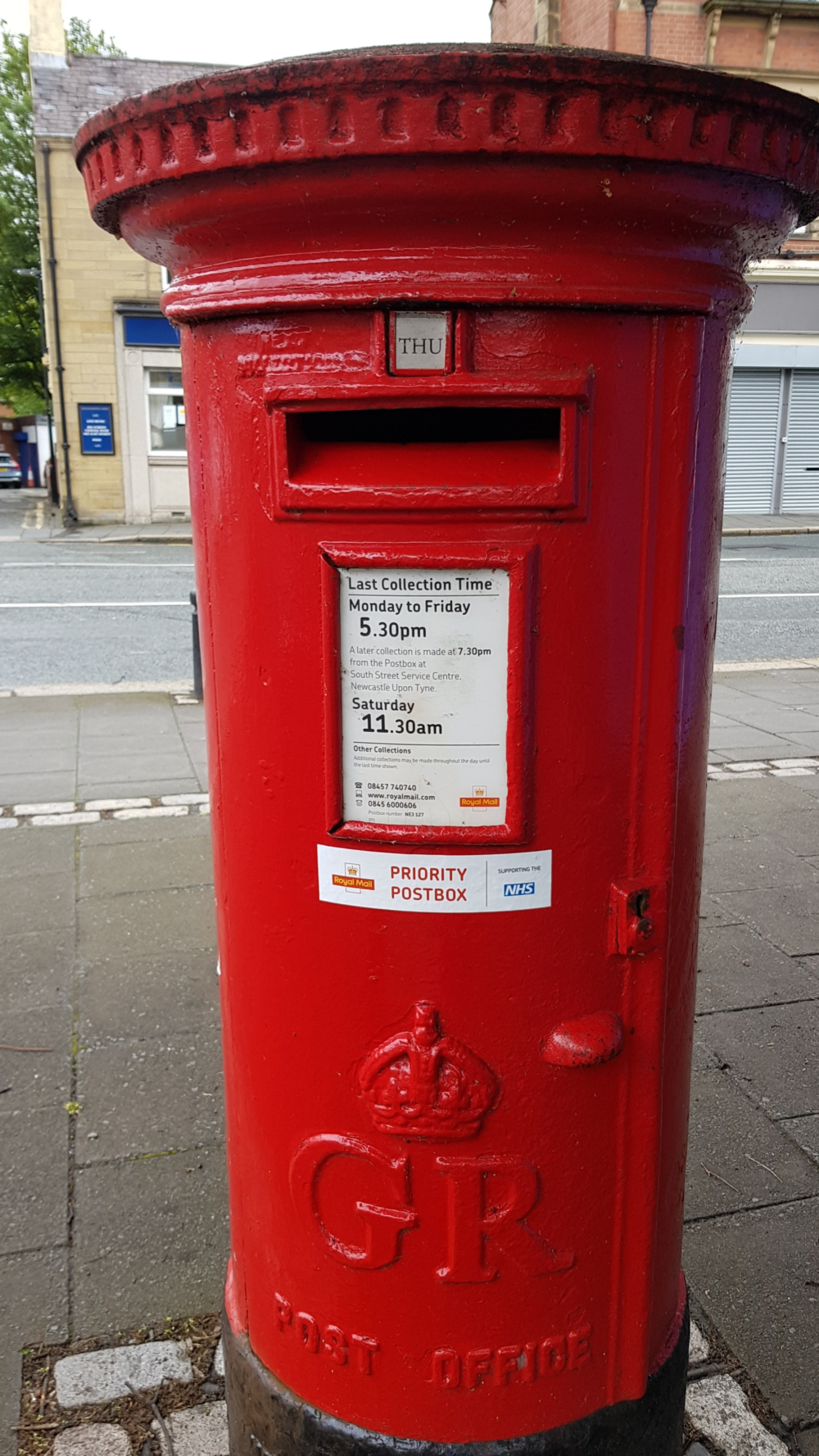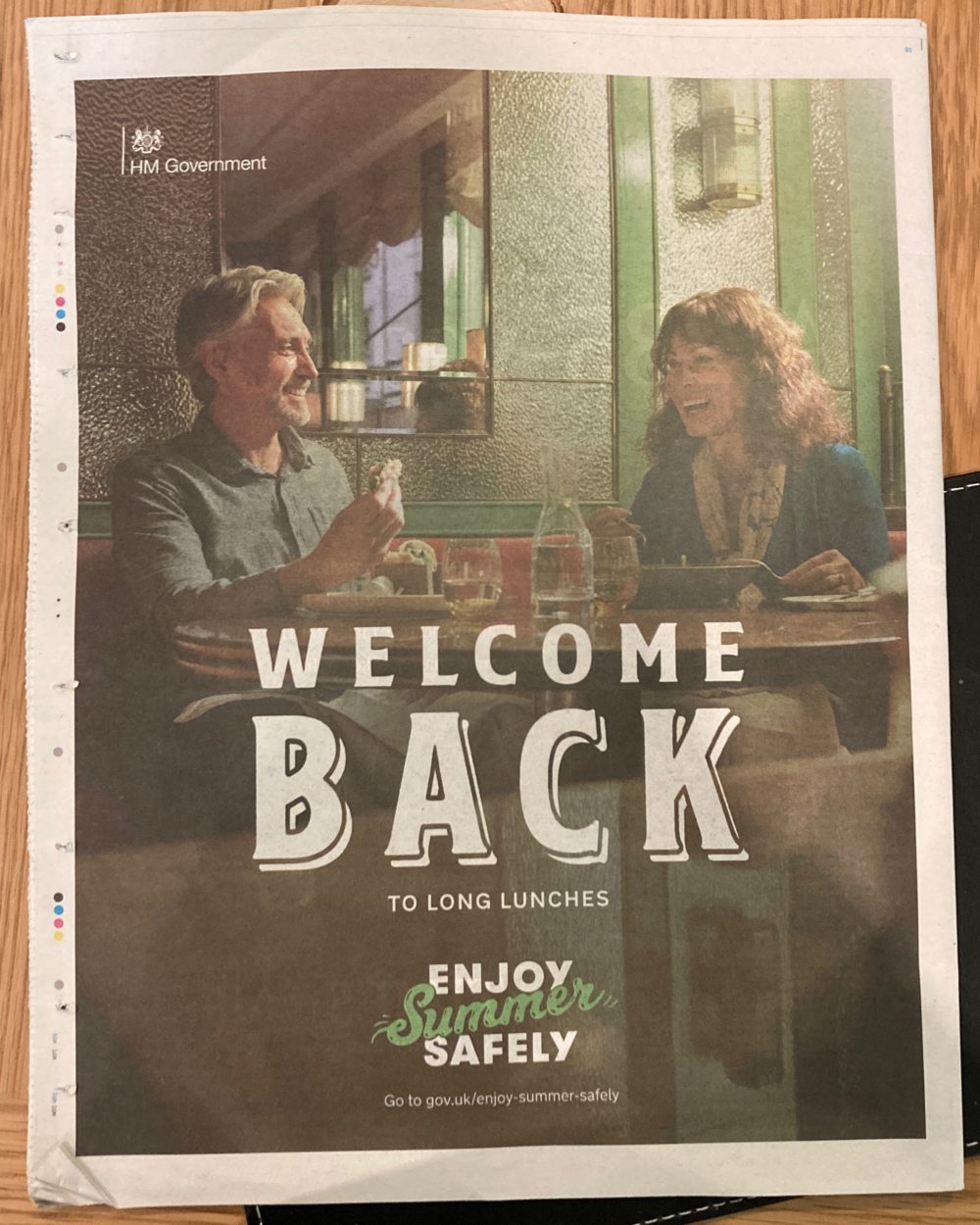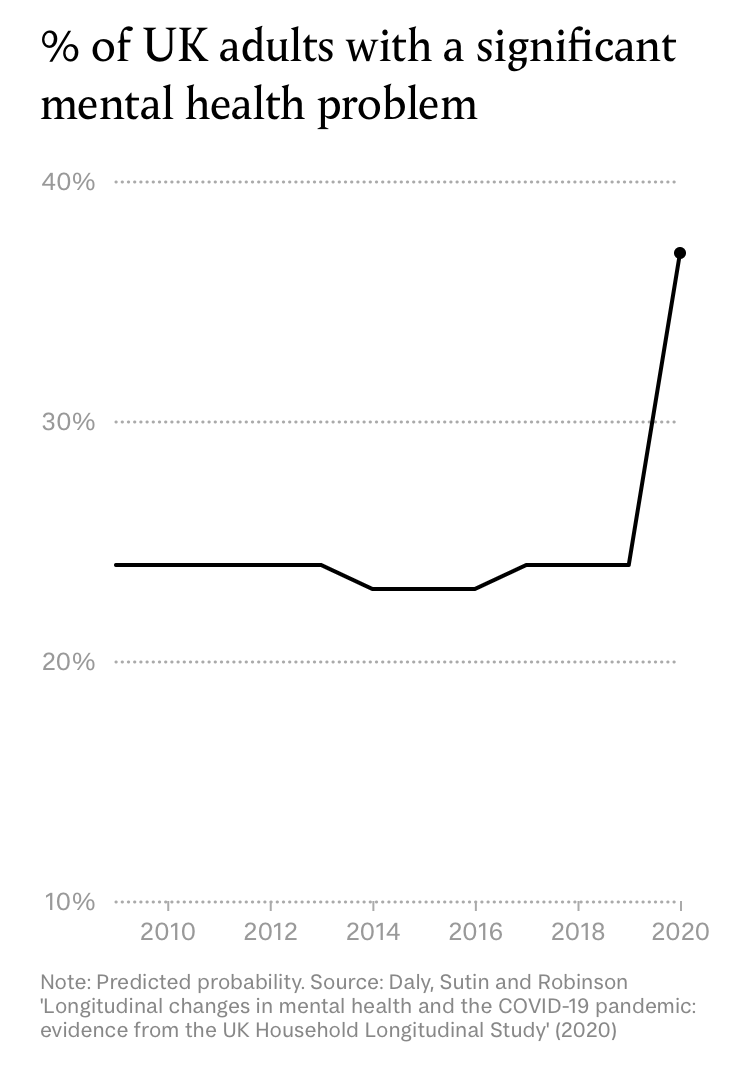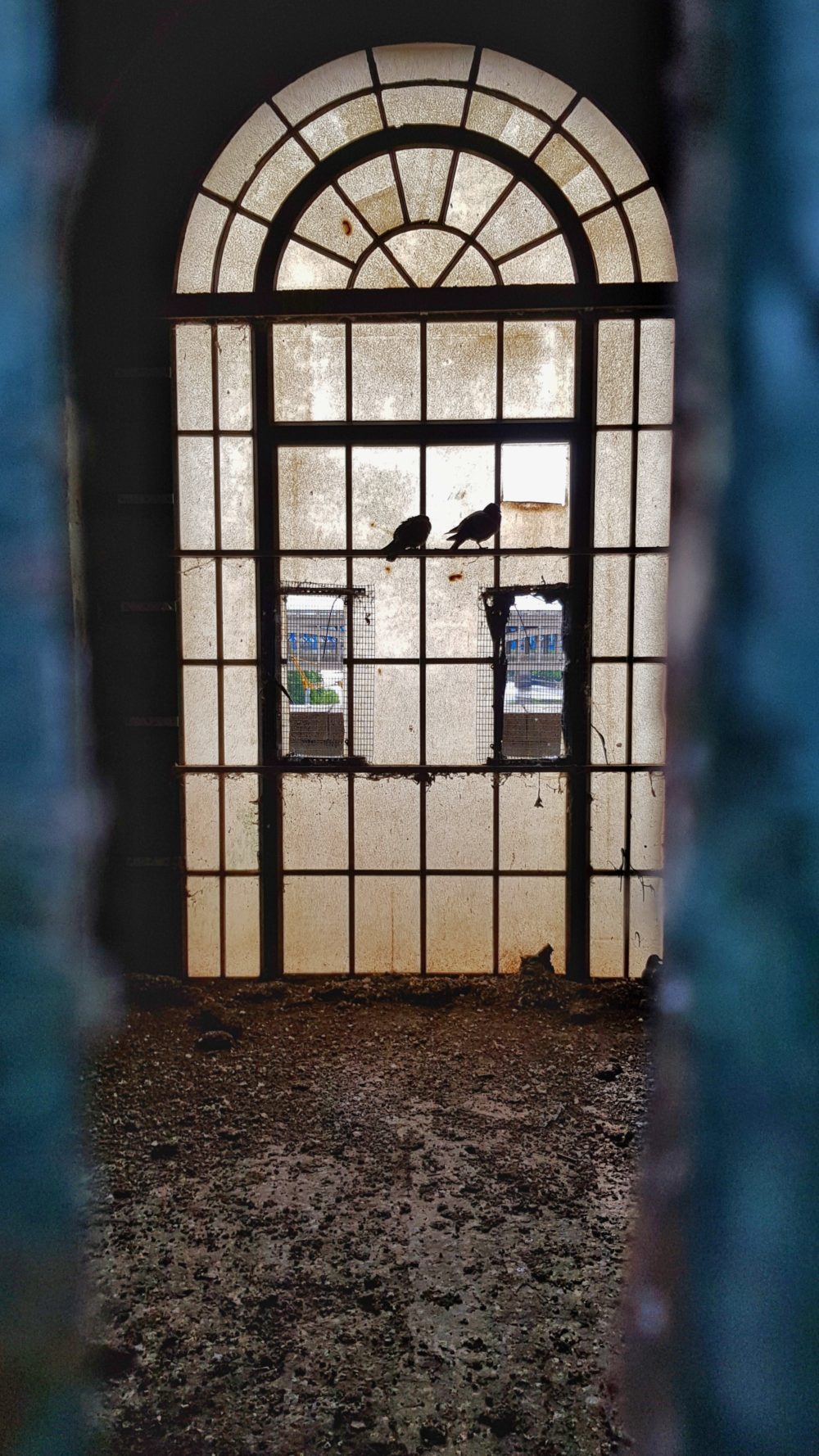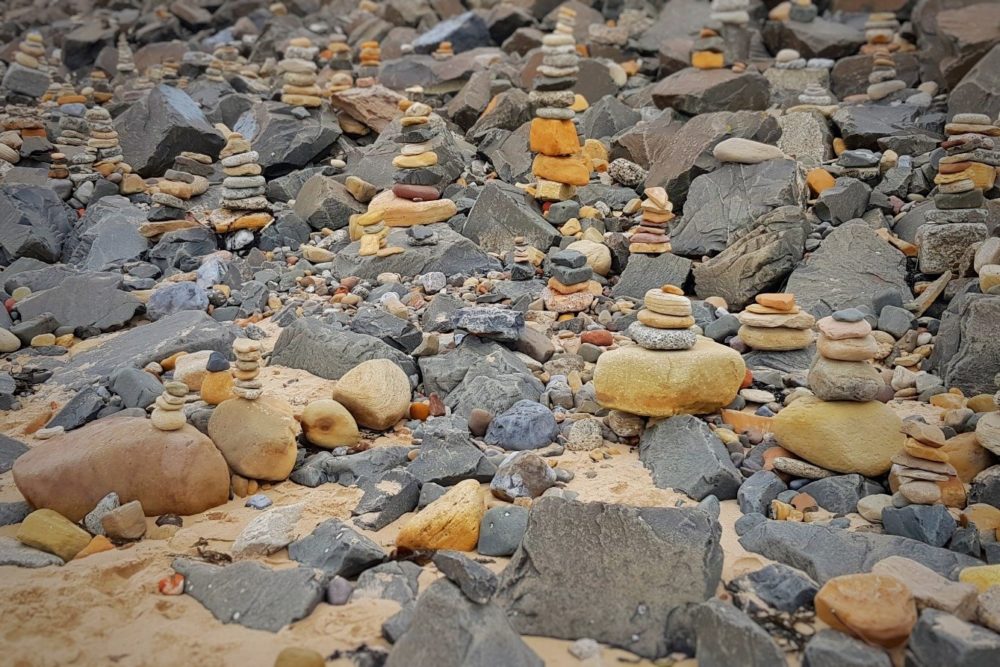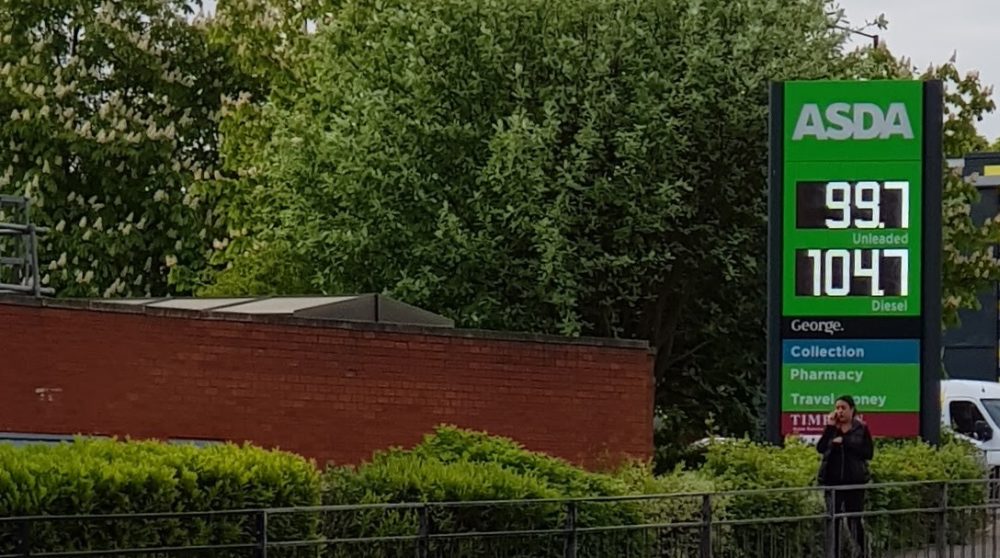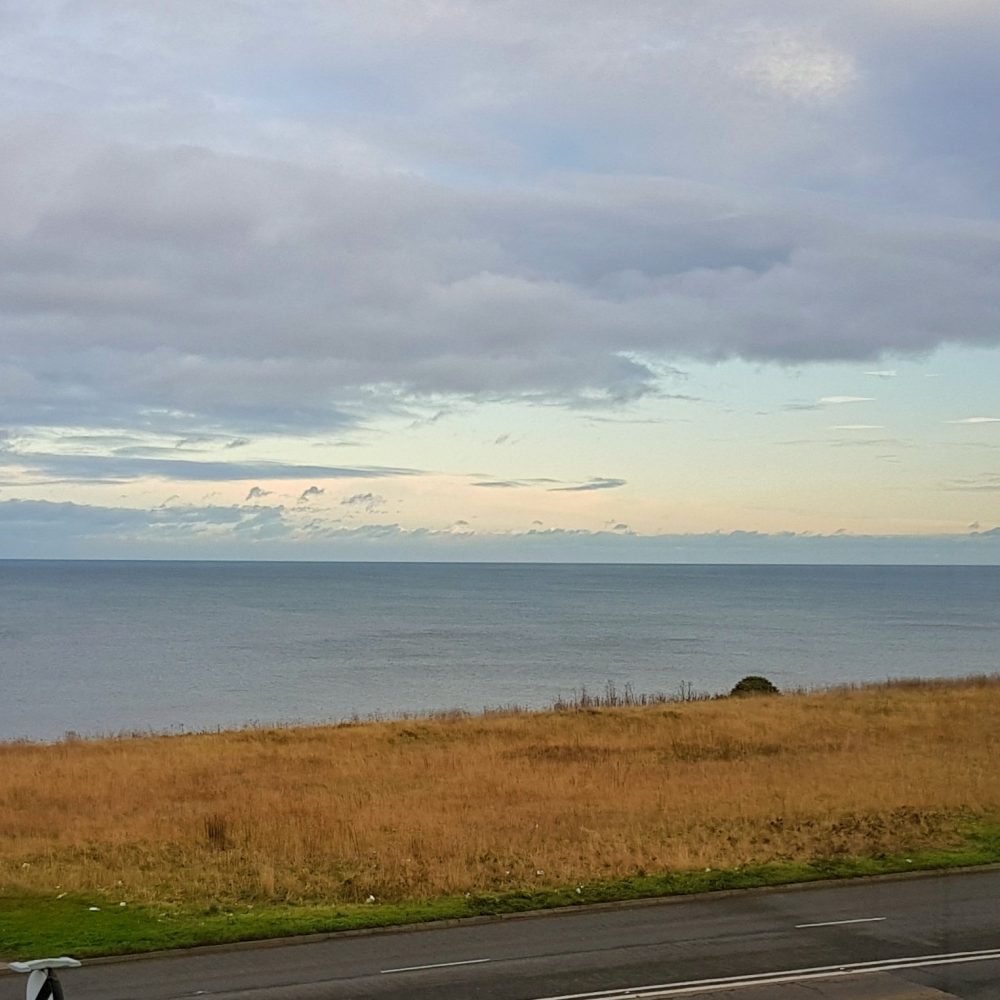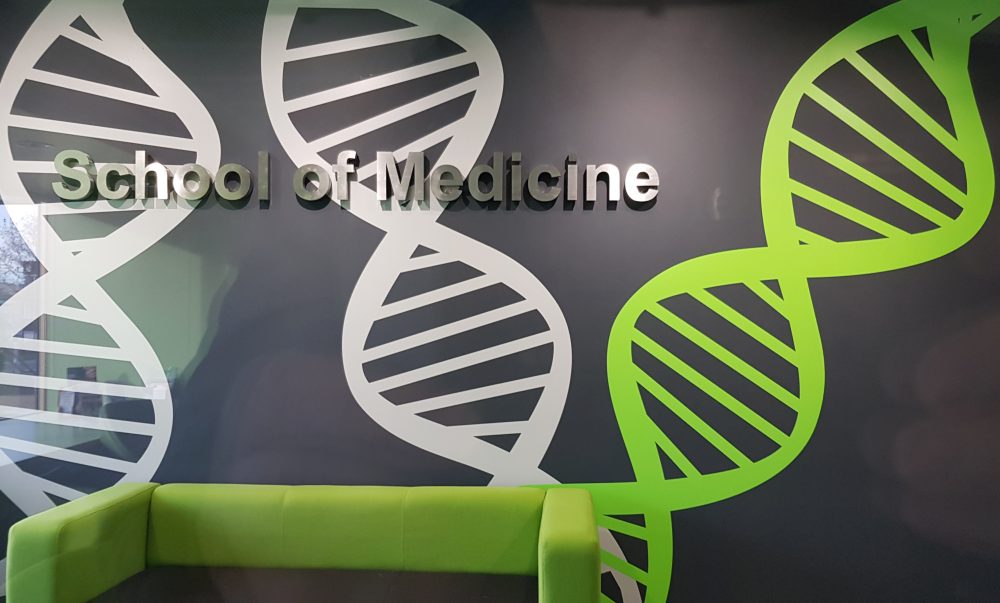31 things I learned in August 2020
2: “Life in the United Kingdom: A Guide for New Residents, published on behalf of the Home Office, ‘approved by ministers’ and retailing at £12.99, is ‘the only official handbook on which the Life in the UK test is based’. Last week the Historical Association published an open letter – signed so far by more than 350 historians – pointing out that the handbook is ‘fundamentally misleading and in places demonstrably false’.” I remember a lot of fuss about this when the test and guide were first launched, but as the noise had subsided I unthinkingly assumed that it had just been quietly and gradually fixed. It seems that’s not true. I’ve tried three online practice tests and, while the content did seem a little like a pub quiz, I did pass all three, which clearly makes me a better citizen than the New Statesman team.
3: Covid has converted a lot of people to online food shopping, my parents included. It will be interesting to see whether the days of the trolley are over for good, or whether people will return to supermarkets in the future.
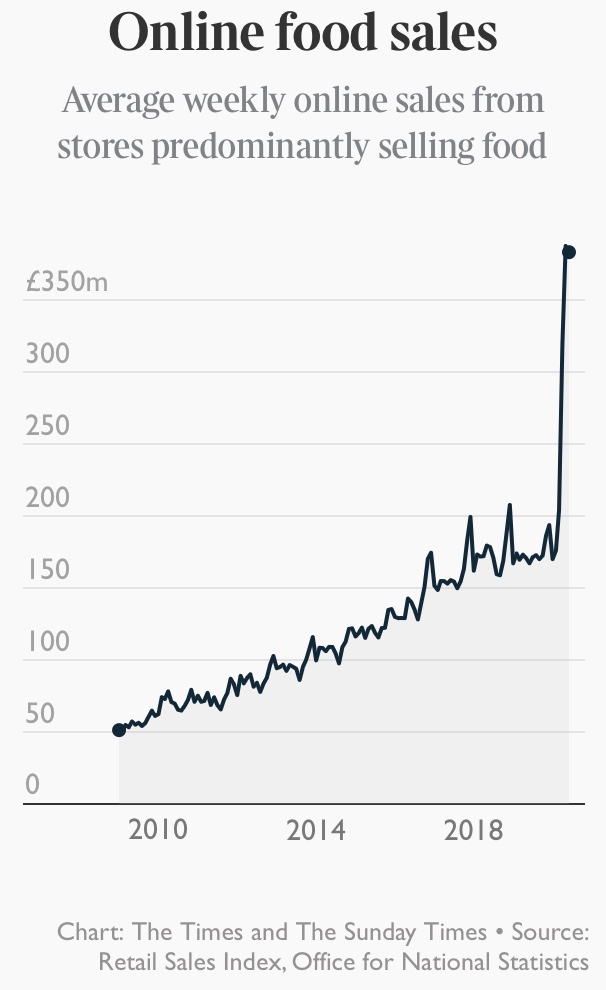
4: “All roads lead back to Barnard Castle mate. That’s what f**ked it.”
5: I still look young enough to have my ID checked when ordering alcohol…at least at Yo Sushi.
6: The commandments are not consistently numbered: in both Judaism and Protestantism, the seventh commandment is “thou shalt not commit adultery,” but that’s the sixth commandment in Catholicism. (And only 21 years late, I finally get the “joke” about the ordering of commandments in the first episode of The West Wing.)
7: I’ve been in two notable public toilets (!) in the last couple of days, which seem to me to be making steps towards greater inclusivity. One, in Geneva, had a tampon dispenser in the men’s. The other, in London, was a single combined facility for all genders and abilities (with individual cubicles including accessible facilities and baby changing spaces all off a central hand-washing atrium).
8: Major Harold Hering was sacked for asking a sensible question.
9: A load of genes have been renamed with an eye on how Microsoft Excel processes their names.
10: From a delightfully odd piece of writing in the FT by Judy Joo, I learned of Hugh Hefner’s “FU pea”.
11: Anything can be a temporary roundabout if it tries hard enough.
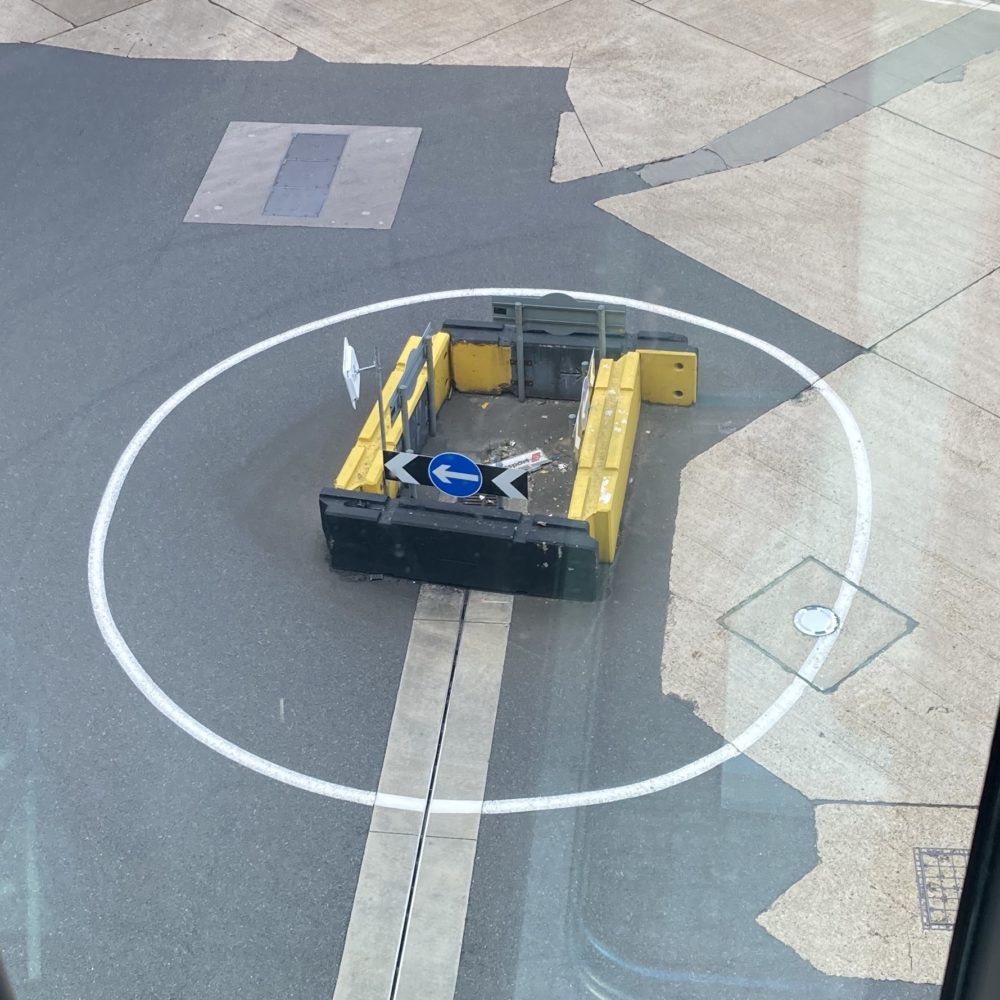
12: Alice Wickenden’s essay in the Summer 2020 edition of the Brixton Review of Books (not online) was moving and powerful. It made me think in detail for the first time about the particular and awful trauma of being raped by a friend and working out how to live with that.
13: New desk, new office, same job.
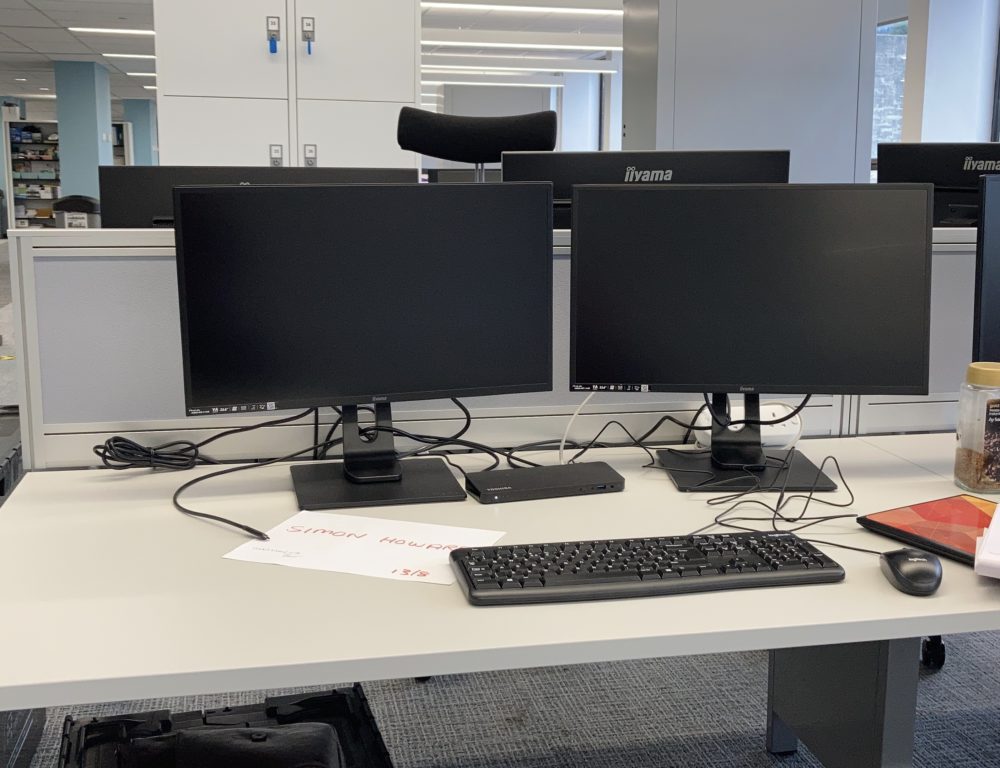
14: Some days are just exhausting.
15: In 2012, the Conservative mantra was to “streamline existing health improvement and protection bodies” into a single agency. In 2020, Conservatives complain that “instead of having an organisation that is constantly on alert for pandemics you have an organisation that has been concentrating on prevention of ill-health.”
17: It’s possible for the Government to mess up A-Level grades more than anyone expected, despite having the Scottish experience to learn from in advance.
19: I’m less good at leaving work at a reasonable hour now that I work in a building that opens 24/7 rather than one that slings me out at 7pm.
23: “A typical microwave oven consumes more electricity powering its digital clock than it does heating food.” And ours isn’t even set to the right time.
25: Perhaps a year ago, I had a very stimulating conversation with a friend and colleague about unconscious bias in medical education. It made me realise that it was something to which I hadn’t given enough thought, and I’ve been thinking about it quite a bit since. I’ve made a few changes in response to stuff I’ve read on the topic, the most noticed of which has been soliciting anonymous feedback via my work email signature—an idea I brazenly purloined from a friend who works in tech but who struggled with essentially the same question. I initially used Admonymous, but then moved to a custom-made single-question survey using my employer’s survey platform after (probably needlessly) worrying myself about information governance. Now, I seem to be reading more and more about the importance of curiosity in making accurate assessments about the world, like this article by Sanne Blauw. And really, failure to interpret the world accurately is at the heart of unconscious bias. So now I’m musing on how I can be more curious, which seems hard in the time-pressured conditions everyone in healthcare recognises. Food for thought.
26: Just like many smart watches today, the first digital watches didn’t have enough power to continuously display the time.
27: Eighteen months after my first visit to the Sagrada Família, this David Cerqueiro profile of Etsuro Sotoo—a sculptor who has worked on the building for more than four decades—gave me a slightly different appreciation for it.
30: Forensic botany is a thing. I know it features endlessly in the Sherlock Holmes books, but I didn’t know it happened in real life.
This post was filed under: Posts delayed by 12 months, Things I've learned.
